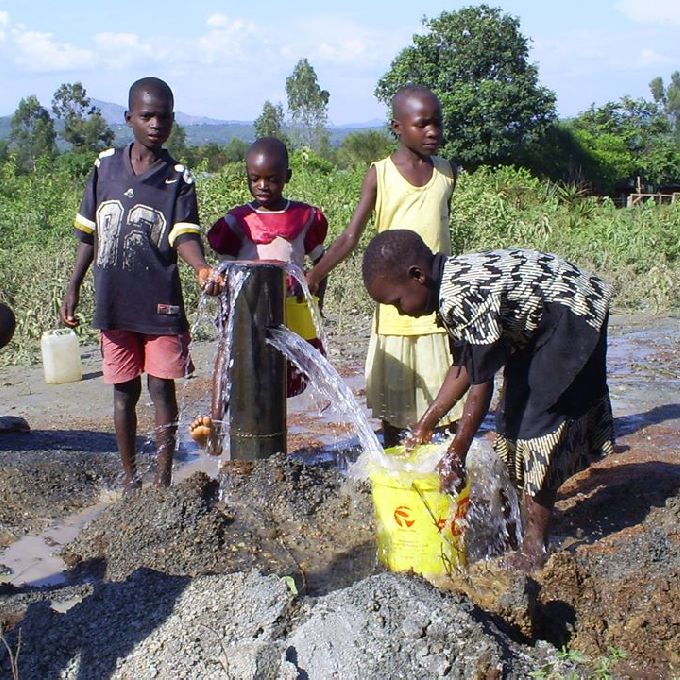





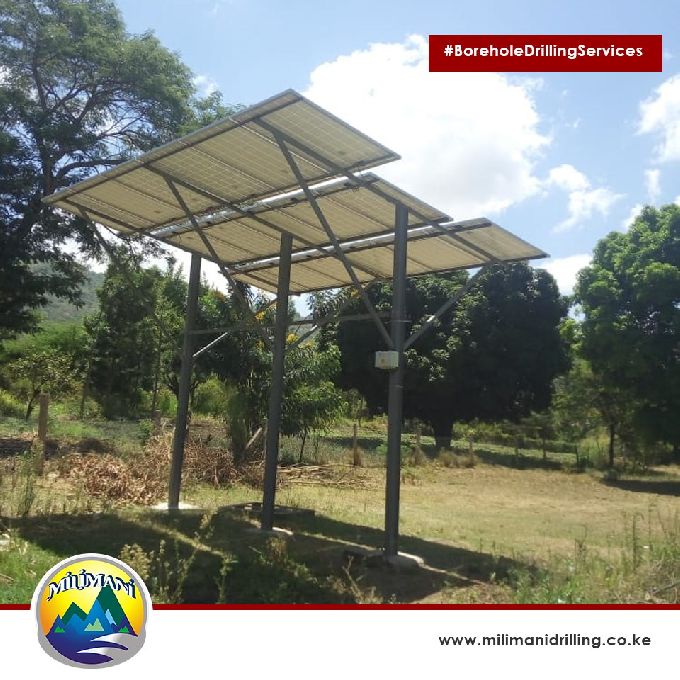





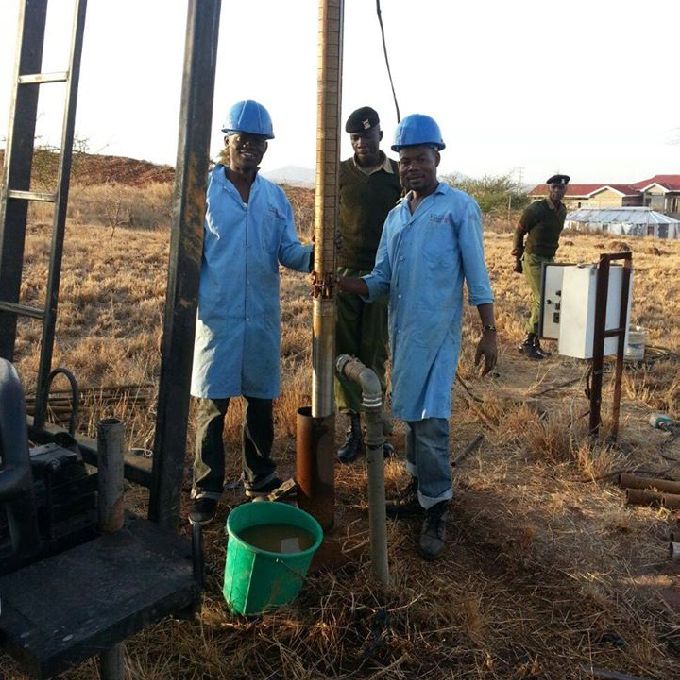





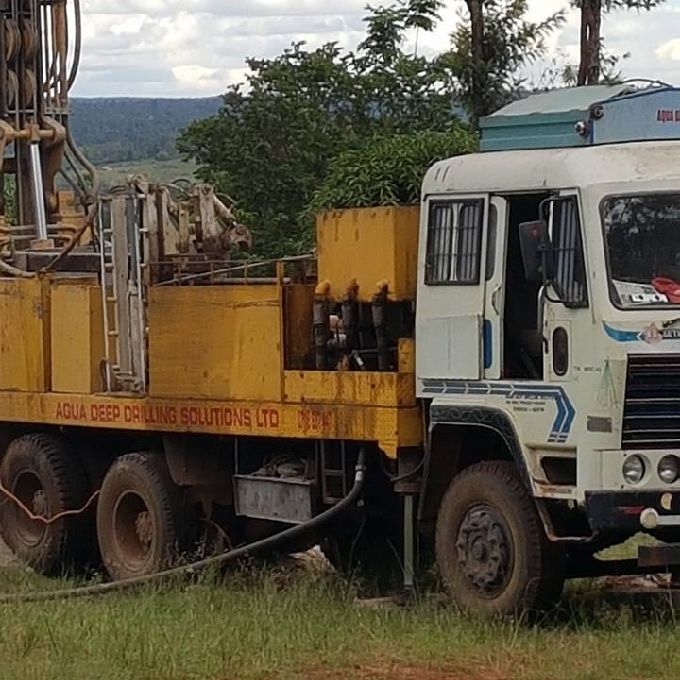





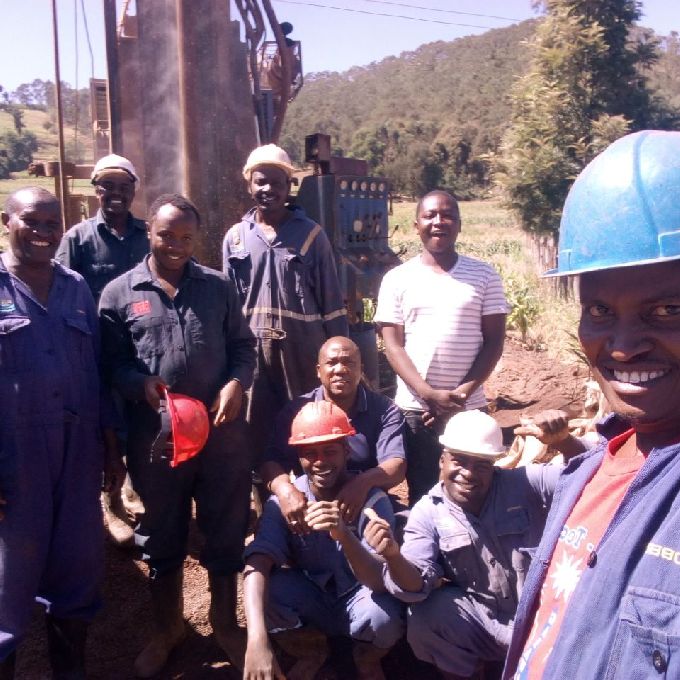





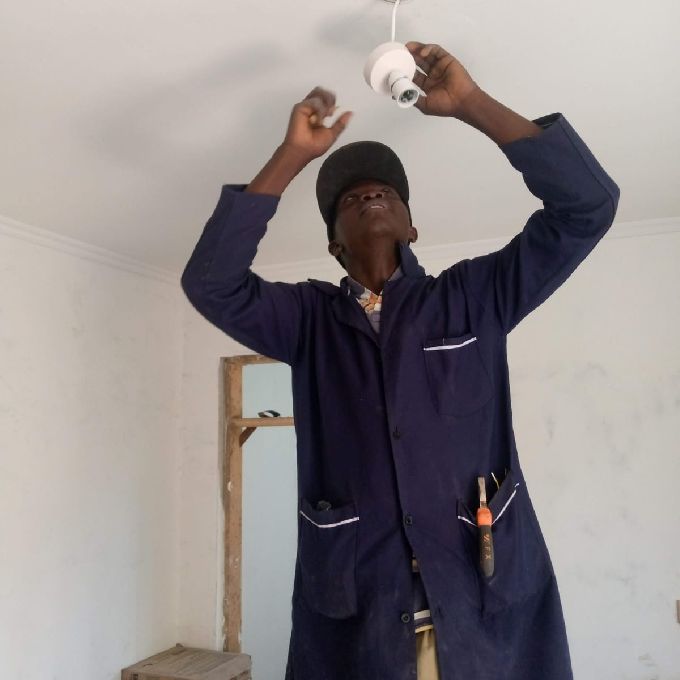





















































If you require services related to boreholes, you might be wondering where to initiate your search. One practical starting point is to search for "borehole evaluation and assessment near me." This article will explore the significance of assessing boreholes, the critical procedures involved, and how to identify a suitable service provider for your specific needs. Evaluating boreholes is crucial to understanding water wells' and boreholes' performance and dependability. It encompasses measuring water flow rates, pressure levels, and various parameters to ascertain the well's capacity, efficiency, and the quality of groundwater it can deliver. This information serves various purposes, including designing efficient water supply systems, ensuring adherence to regulatory standards, and effectively managing water resources. To locate a trustworthy borehole evaluation and assessment provider, it is advisable to research local companies specializing in hydrogeology, groundwater analysis, or well drilling. Evaluate their expertise, certifications, and client testimonials to ensure they can meet your precise requirements. Also, register a sonko account on the eWak Online Platform to get borehole pump testing services provided by experts from eWak. Furthermore, don't hesitate to request references and quotes to make an informed decision when selecting a provider for your borehole assessment needs.
Are You a Borehole Pump Testing Expert? >> Register an Expert Account Here & be listed above!
Evaluating and effectively managing groundwater resources is a multifaceted endeavor, with borehole pump testing being a pivotal aspect of this process. This procedure entails drawing water from a borehole while measuring various parameters, including water level and discharge. The collected data forms the basis for a comprehensive analysis, allowing for determining critical characteristics associated with the well. In essence, borehole pump testing serves several fundamental purposes. For example, by conducting these assessments, we gain valuable insights into the borehole's capacity to supply water. This information is vital for understanding the borehole's capabilities and potential contribution to fulfilling water demands. The data derived from pump assessment helps select the correct pump size and design an efficient pumping system. This optimization ensures that the borehole operates optimally, minimizing energy consumption and maximizing water output. Besides, these services can reveal any underlying problems within the borehole or the water supply, ranging from clogs and obstructions to water quality issues. Detecting and addressing these problems is essential for ensuring the long-term sustainability of the water source. Generally, borehole pump evaluation is a vital tool in groundwater exploration and management, providing essential insights that contribute to effective water resource utilization and the maintenance of a reliable water supply.
Assessments involving the evaluation of borehole performance are pivotal in guaranteeing a dependable and efficient water supply from boreholes. These comprehensive evaluations, commonly known as borehole performance assessments, yield crucial data that guides the design and optimization of pumping systems. Such optimization ensures that the borehole is pumped optimally, preventing overworking of the pump, which could lead to premature failure. Beyond pump system optimization, borehole performance assessments serve as a vital tool for the early detection of potential issues within the borehole. These issues might include clogging or low yield, potentially significantly impacting the borehole's long-term sustainability. By identifying and addressing these concerns in their early stages, borehole performance assessments help to avert costly repairs and downtime, preserving the borehole's reliability. In essence, rather than an optional service, borehole performance assessments are a cornerstone of maintaining an efficient and dependable water supply from boreholes. They ensure that the borehole operates optimally, prolonging its lifespan and minimizing the risk of disruptions in the water supply.
Generally, the primary objectives of borehole pump testing are;
Borehole pump testing experts are crucial for ensuring a reliable, clean water supply. By providing essential data and insights, these experts aid in maintaining the health and efficiency of water wells and boreholes, preventing potential problems, and ensuring water security for various applications.
By following these steps, you can find a reliable and experienced provider of borehole pump assessment services near you. These services are essential for ensuring the reliable and efficient supply of water from boreholes. By following the steps outlined above, you can find a provider of these services near you that can help you optimize your borehole pumping system, detect potential problems early on, and ensure the long-term viability of your water supply. So, if you're in need of borehole pumping services, don't hesitate to start your search today.
If you're an underground water owner, you understand the significance of routinely evaluating your well's operational efficiency. Assessing the performance of a water borehole is a crucial procedure that enables you to verify the proper functioning of your well and its ability to deliver a consistent and sufficient water supply. We will explore the process of well performance evaluation and its pivotal role in maintaining the well's functionality and ensuring a reliable water source. Regularly examining your well's performance involves a series of comprehensive assessments that go beyond simply measuring water flow rates and pressure levels. It encompasses a holistic evaluation of the well's condition, efficiency, and water quality. This multifaceted approach helps identify potential issues such as declining water levels, pump inefficiencies, or water quality problems that may not be evident through casual observation. The significance of this evaluation lies in its ability to detect problems early, preventing more severe issues and costly repairs down the line. It also aids in optimizing the well's performance, ensuring a sustainable and dependable water supply for your needs. Moreover, periodic assessments are often required to comply with regulatory standards and permits, which vary by location. In summary, evaluating the performance of your water borehole is not just a maintenance task; it's a fundamental practice that safeguards your water source's health and reliability. Regular assessments can extend the lifespan of your well, minimize downtime, and ultimately save you time and money. Therefore, staying proactive in monitoring your well's performance should be a top priority for every well owner.
Evaluating a water well's performance involves a systematic procedure designed to provide comprehensive insights into its capabilities. This essential assessment, often called well performance evaluation, entails the controlled extraction of a predetermined volume of water from the well within a specified timeframe. The primary goal of well performance evaluation is to establish the well's consistent maximum water production rate. This process accurately gauges the well's capacity and efficiency by meticulously measuring the flow rate under controlled conditions. Such precise information plays a pivotal role in the development of adequate water supply systems that can reliably meet the demands of users and communities. Moreover, this evaluation offers valuable insights into the quality of the well's sourced water. Through a thorough analysis of various water parameters during the assessment, potential concerns that could compromise water purity are identified and addressed. This ensures that the water meets the stringent standards necessary for safe consumption.Additionally, well performance evaluation serves as a diagnostic tool, enabling the assessment of the well's overall health. By closely monitoring the well's behavior during the evaluation, any underlying challenges or obstructions affecting performance are promptly detected. This includes the early identification of issues such as casing damage or the accumulation of materials obstructing water flow. The timely identification of these challenges allows swift remediation to maintain the well's functionality. Generally, well performance evaluation is a multifaceted process that encompasses determining water well capacity and quality and diagnosing and resolving potential well-related issues. By undertaking these assessments, well owners ensure a dependable, sustainable, and clean water source for various applications.
Regular assessments and evaluations ensure your well's ongoing health and functionality. Neglecting these routine checks can leave you oblivious to potential issues lurking beneath the surface, which may gradually compromise your well's performance and water quality. Over time, sediments can accumulate within the well, obstructing its passages and potentially reducing water output. These accumulations can also contribute to contamination concerns, affecting the overall quality of the water being drawn. One of the primary benefits of these assessments is their ability to identify such issues in their infancy. Early detection is crucial because it empowers you to take timely corrective measures, addressing these concerns before they escalate into more complex and costly problems. Proactivity saves time and resources, whether it involves well rehabilitation to remove sediment build-up or addressing structural issues within the well casing. Furthermore, these evaluations play a pivotal role in guaranteeing that your well consistently meets the water demands of your household or business. If your well struggles to produce an adequate volume of water, it necessitates an evaluation to determine the underlying causes. In such cases, you might need to explore options such as expanding the well's capacity or implementing changes in your water usage patterns to ensure that your water supply remains sufficient. In conclusion, staying vigilant through regular assessments and evaluations is the cornerstone of maintaining the reliability and sustainability of your well as a source of clean and abundant water. You can ensure your well's continued performance and longevity by addressing issues promptly and proactively.
A professional water well contractor typically conducts a well assessment procedure known as pump testing. During this process, the contractor employs specialized equipment to extract water from the well over a predetermined period while closely monitoring the flow rate and well pressure. Additionally, the contractor assesses the water quality to ensure its compliance with established consumption standards. The outcomes of this pump testing serve multiple crucial purposes. Firstly, pump testing allows for determining the well's yield, which signifies the quantity of water the well can reliably produce over a specified timeframe. Furthermore, the results derived from this comprehensive evaluation assist in identifying any underlying issues that might be affecting the well's performance. These issues can range from accumulating sediments in screens to potential damage in the well casing or other obstructions. Pump testing remains an indispensable procedure for the maintenance and optimal functioning of your well and ensuring that it meets your water supply needs. Consistently scheduling these assessments can serve as an early warning system, promptly identifying any irregularities that may impair your well's performance. Taking corrective action based on the results of these tests helps prevent minor issues from escalating into more complex and costly problems. If you are a water well owner, it is advisable to consider arranging a pump testing session with a professional water borehole contractor to confirm that your well operates efficiently and provides an adequate and dependable water supply.